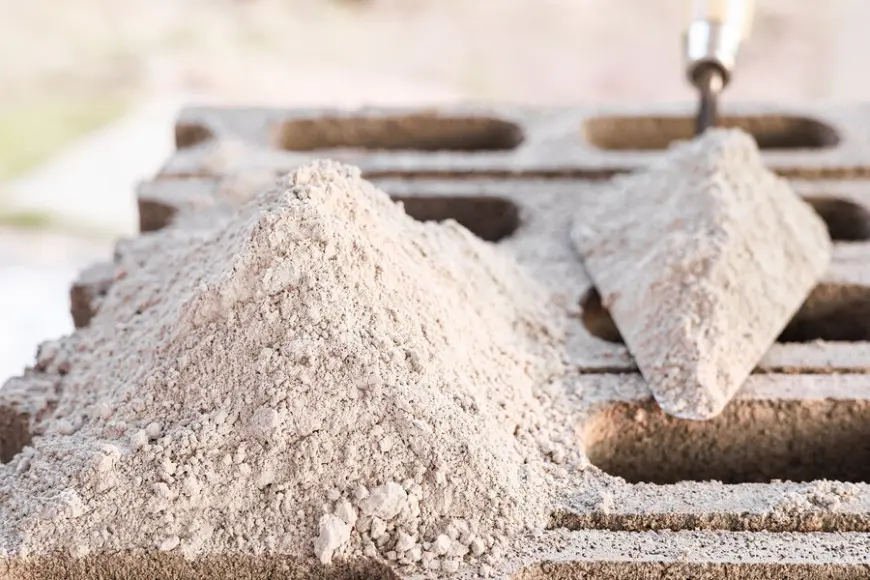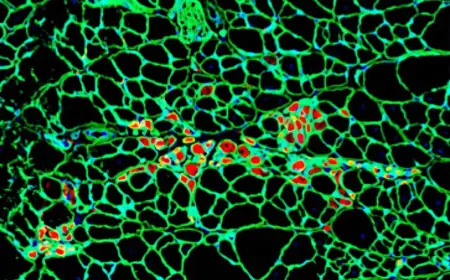“New Generation Cement Technology by Perm Scientists”
PNIPU: Replacing gypsum with limestone enables safer and more cost-effective cement production

Scientists from Perm National Research Polytechnic University (PNIPU) and the Ural Institute of Technical Chemistry of the Russian Academy of Sciences (UrO RAS) have developed an environmentally friendly and economical “cement alternative” using a waste-free technology based on limestone. This material can be produced without high temperatures or industrial waste, as reported by Gazeta.ru.
Approximately 90% of buildings worldwide are constructed using cement. However, cement production is a major contributor to carbon emissions—up to 900 kg of CO₂ per ton of cement produced. The cement industry is responsible for up to 8% of global carbon dioxide emissions.
Moreover, cement plants consume massive amounts of water and pollute soil and air with harmful substances. In some cases, an alternative material called anhydrite—a form of calcium sulfate without crystalline water, typically derived from gypsum and sulfuric acid—is used instead of cement. Yet, producing anhydrite still requires heating to 850°C and large amounts of electricity.
“The main problem is the high calcination temperature and the release of toxic by-products that require complex disposal,” explained Dr. Viktor Valtsifer, Professor at Perm Polytechnic. “The process also emits acid vapors that pollute the air and damage equipment.”
The new technology developed at Perm Polytechnic addresses these issues by using limestone (calcite) instead of gypsum—a cleaner and cheaper raw material. When limestone reacts with sulfuric acid, it generates the necessary heat on its own. Thus, the process can be carried out at a much lower temperature—only 110–160°C—without external heating.
“We crush the limestone to particles smaller than 1 mm and treat it with sulfuric acid in a special reactor,” said Professor Vladimir Poilov. “The reaction takes place in a closed system where all components are fully processed, leaving no waste. The resulting anhydrite meets industrial standards, with calcium sulfate content reaching 93.8%.”
This technology reduces energy consumption by 70–90% and enables completely waste-free production. The development has successfully passed laboratory and pilot-scale trials and is ready for implementation in the construction and chemical industries.



























